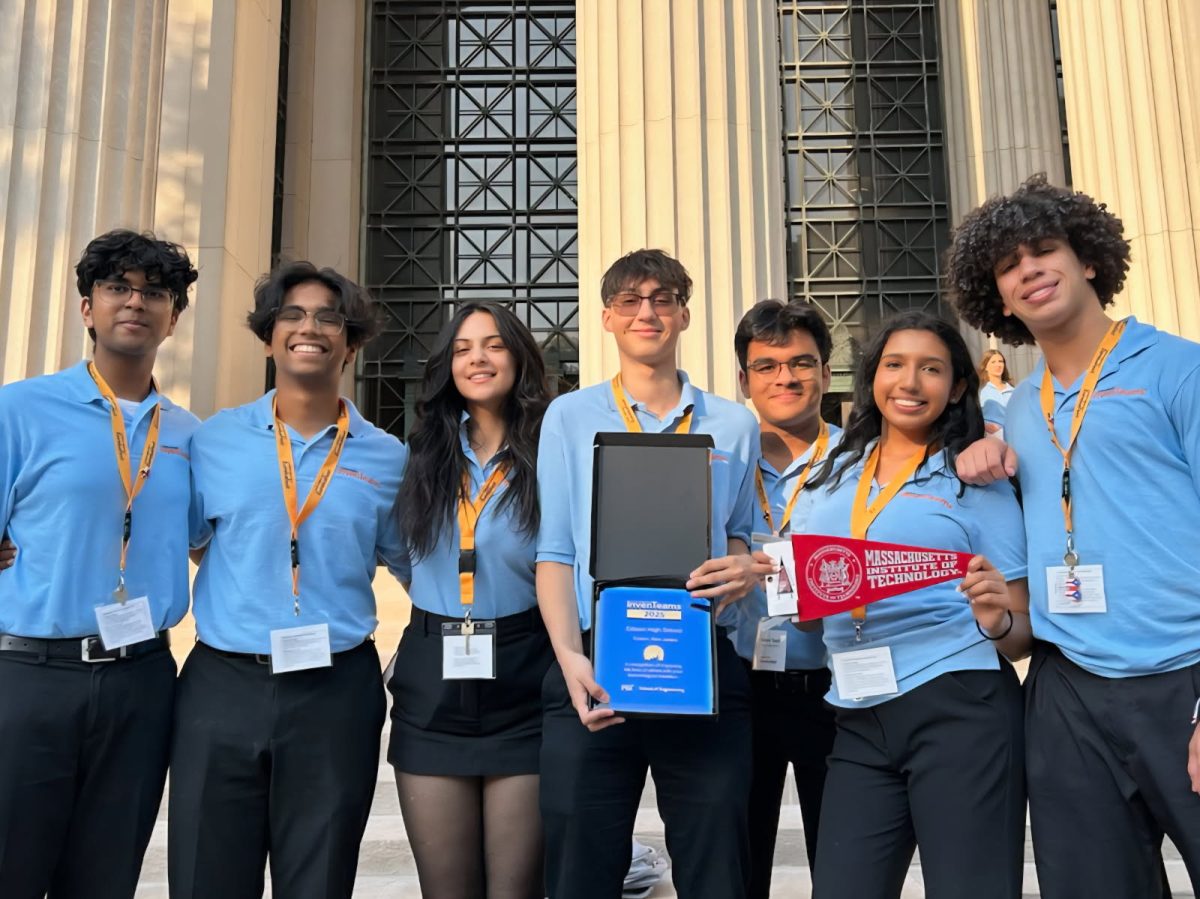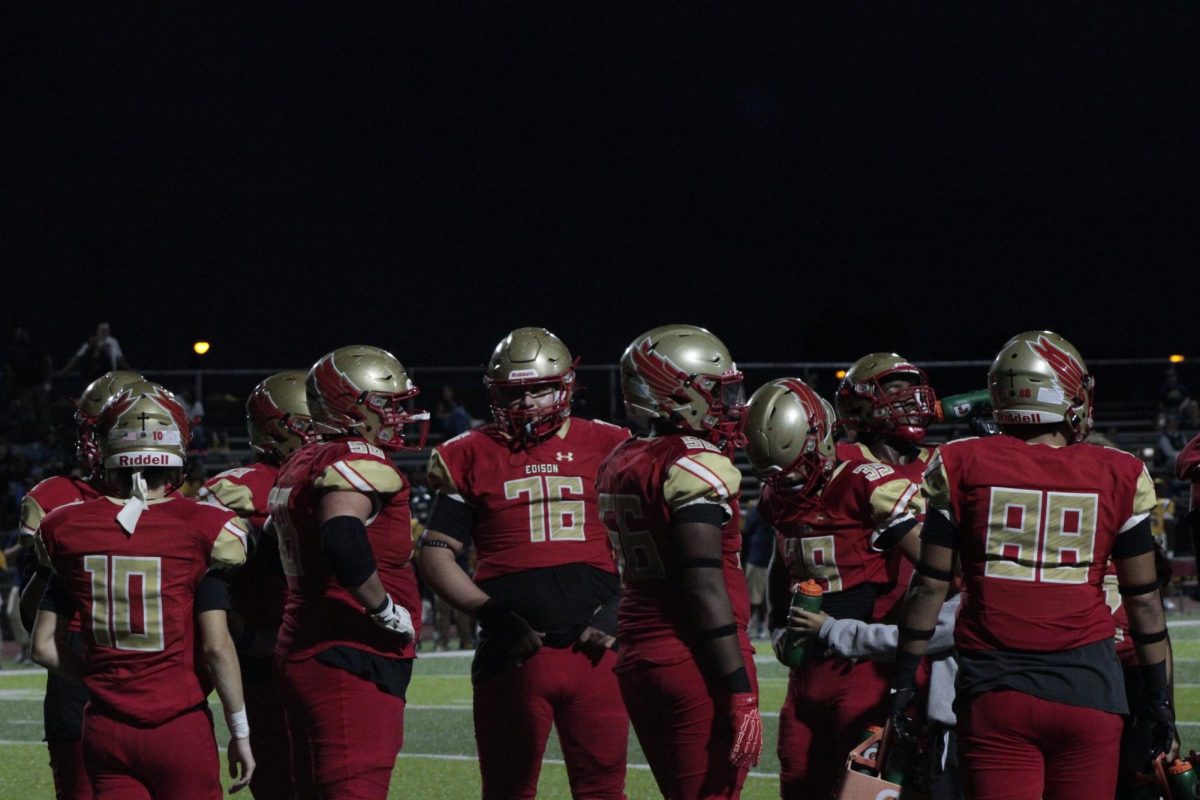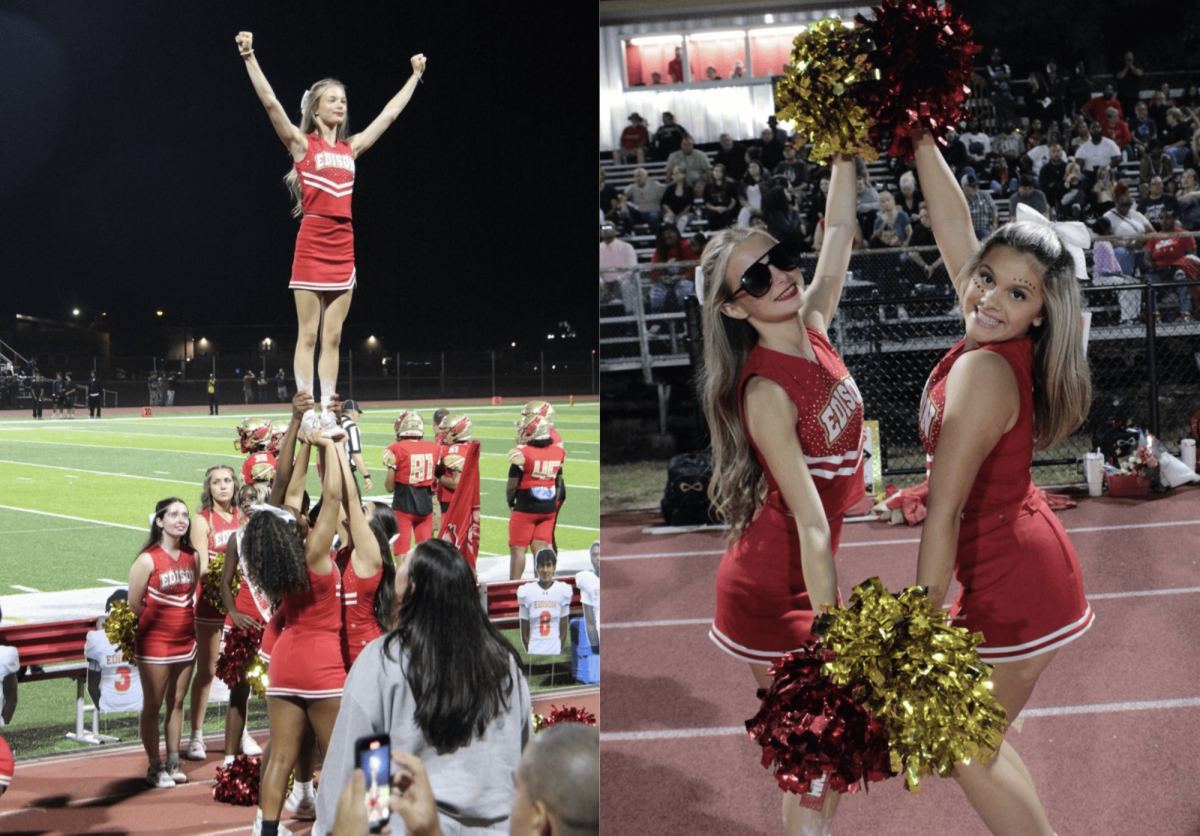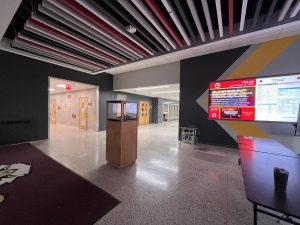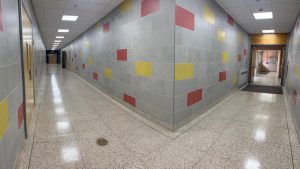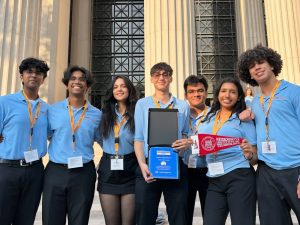Editorial: Edison, We Have a Problem
January 31, 2020
Edison, we have a problem: communication. Or, more frankly, lack thereof. There are so many ongoing issues and events within the district that the students, teachers, and parents miss out on simply because they are uninformed.
That’s the reason journalism is important—it helps communication. Journalism made the difference between corporate-controlled and independent tap water in Edison. It is the difference between renovated schools and old, crumbling ones. It is the difference between an engaged community and one that lets existing powers trample over it. Taking action is difficult. But knowing is the first step, and there needs to be a platform that makes finding important community information easier.
The Eagle’s Eye hopes to be that platform.
The vote to expand multiple schools within the Edison district took place on Tuesday, December 10. The future of our excellent yet strained school district was at stake—we know that Edison schools do not have space to safely contain the district’s 17,000 students. Yet only 10% of Edisons’ registered voters went to the polls. The referendum failed, meaning students now and students of the future will continue to face the ever-so-prevalent issues of overcrowding. (You can read more about the referendum HERE) There was so much purposed during the referendum, including a new cafeteria for our school. Most people are still unaware of the facilities and new updates that the referendum offered. And that’s because the bridge of communication between administrators and students is nonexistent.
The Eagle’s Eye had the pleasure of interviewing the new superintendent, Dr. Bernard F. Bragen ‘83, on Tuesday, December 17. (Read more about our interview with Dr. Bragen HERE). The Edison High graduate commented that in a school, “the voices that are least heard are of students.” Dr. Bragen suggested that student representatives should be selected to sit in at the weekly Board of Education meetings and report back to the student body. These representatives would report the events occurring in the district back to the students of Edison High School. Through a student representative, the opinions of students on matters such as overcrowding would be voiced to the district.
Furthermore, there are a multitude of inconsistencies between the administrators’ beginning goals, and the end result the students are faced with. Take the “no homework” policy for an example. The administrators’ seemingly gracious decisions to grant us a day without homework ends up piling work onto us on a different day. This tradition continues to be instituted because no one at an administrative level is aware of the failure of the no-homework days.
Lack of communication is a huge problem within our district and the world at large. How many of you actually go home and tell your parents about your day? Do you actually talk to them? Or do you dismiss their questions about your emotions with an apathetic “okay” or “fine”? Despite the development of advanced technology, communication in the world at large is rapidly diminishing, and we fear that soon not only will students be misinformed of school events, but families will be misinformed about their feelings about one another. Without communication, we can not build stable relationships, feel genuine emotions, or truly live our lives. If levels of communication continue to decline as they are, humans may soon stop truly living and start merely surviving.
Featured image photo credit: Public domain.






































